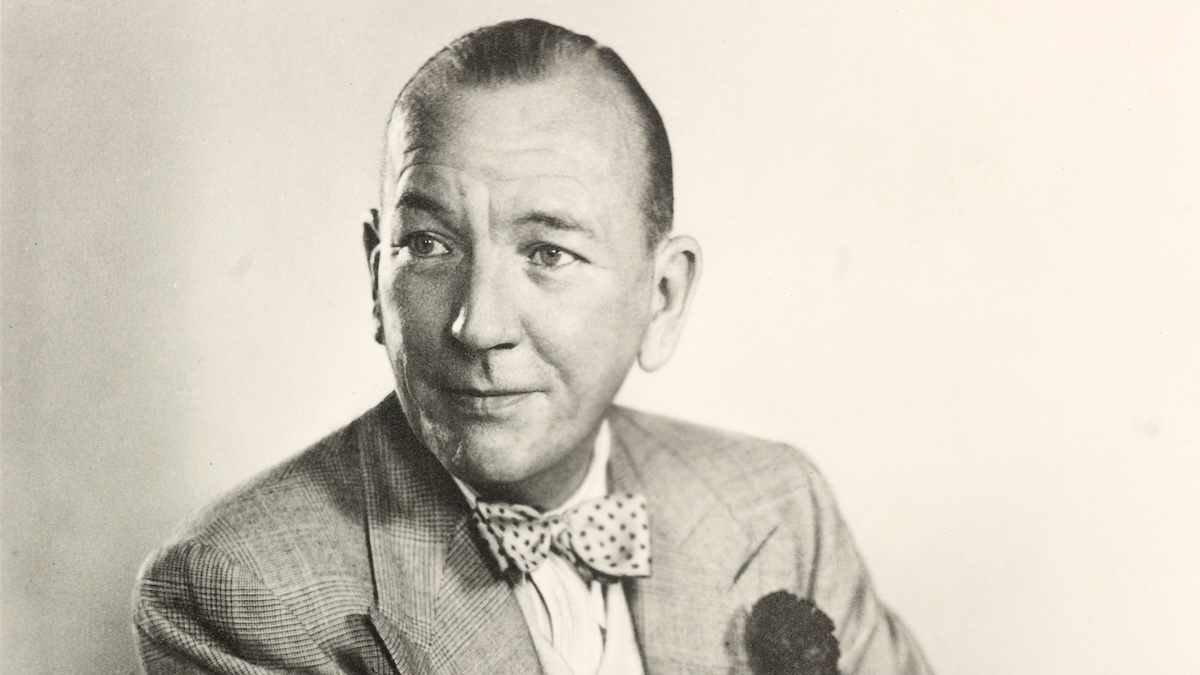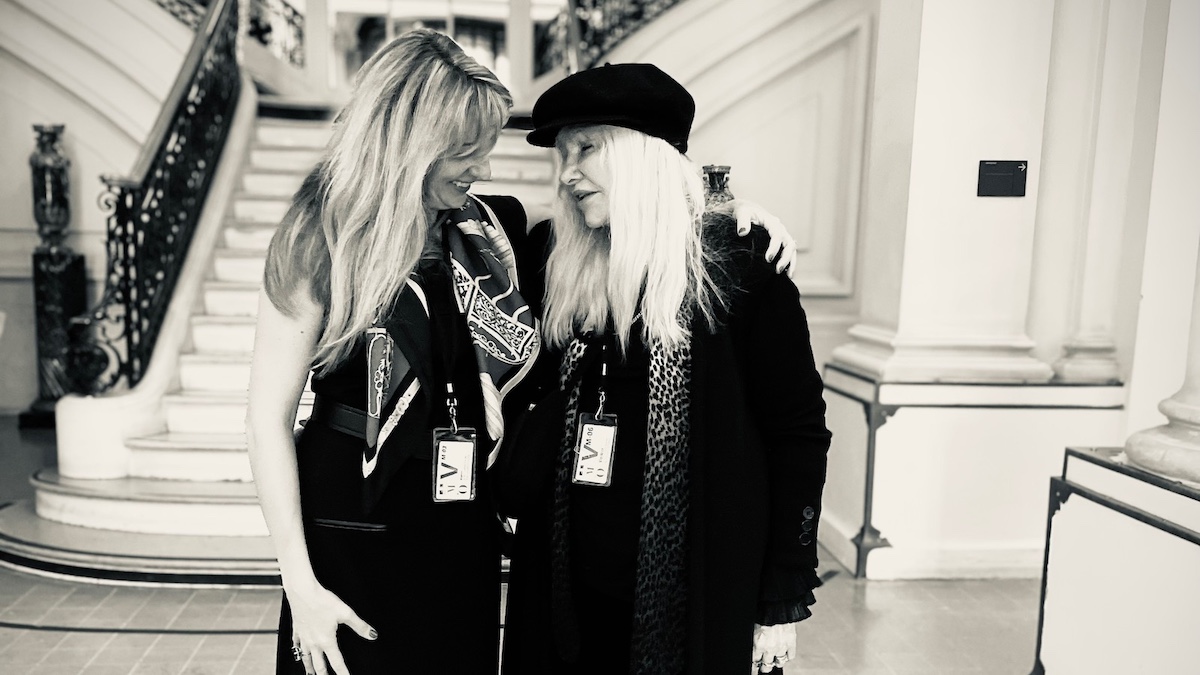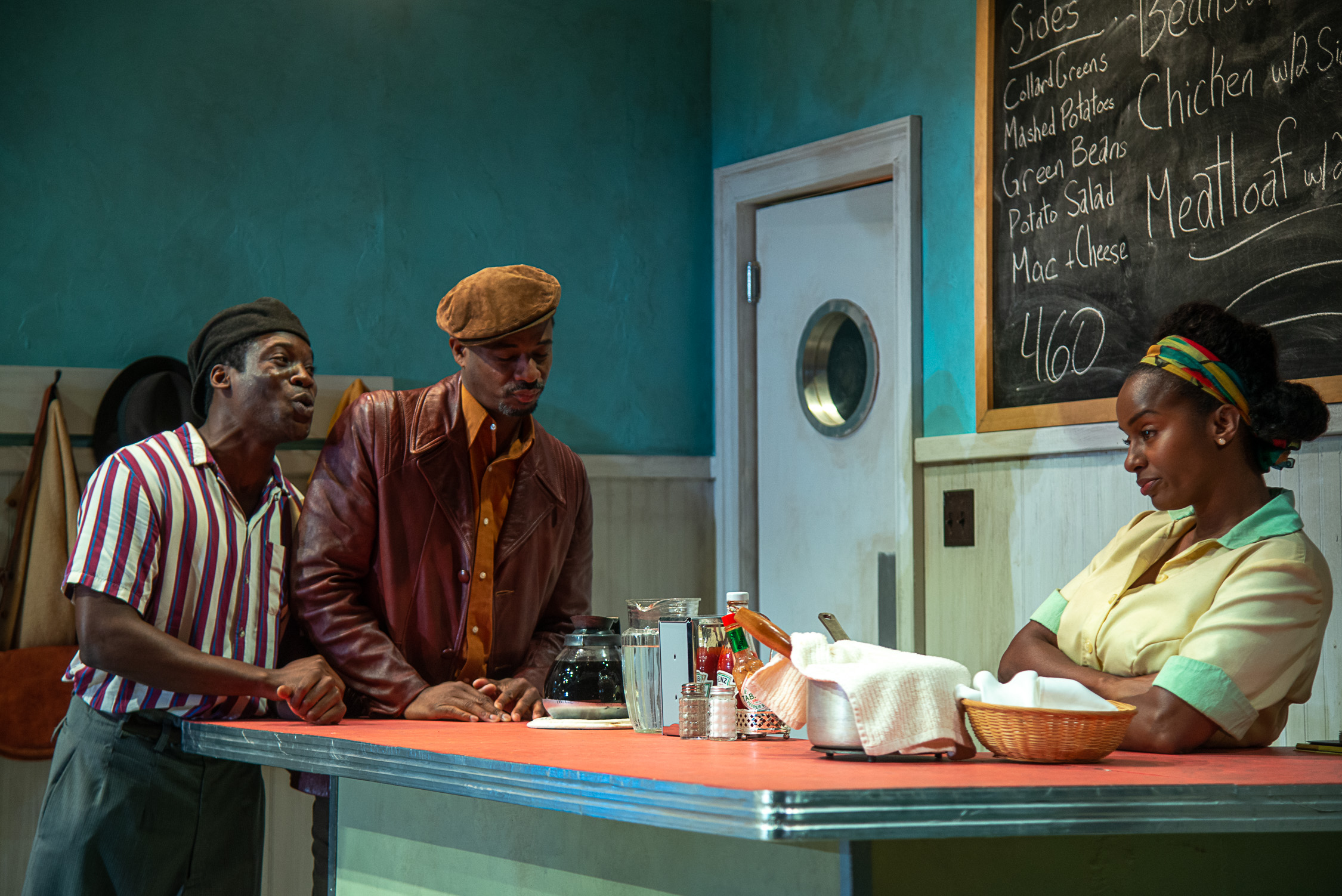
As a director who works primarily on new plays, and as the artistic producer of City Theatre in Pittsburgh — a company dedicated to new play development and contemporary plays — I relish the rare opportunity to work on classic material and revisit the canon that came before. While I love having a playwright sitting next to me as we discover and shape their newly imagined world together, there is something especially rewarding about re-imagining a story that a writer dreamed up many moons ago. Does this story still resonate with audiences today, and if so, how? What themes and ideas and forms still hold up, and which require a new investigation or approach? What question about the world is the play still encouraging an audience to ask and answer, and how do we approach that work in this moment?
Imagine my excitement, then, when I was asked to direct Weston Playhouse’s production of August Wilson’s Two Trains Running this past fall. As an African-American artist, I had long admired Mr. Wilson’s groundbreaking career and felt a deep personal connection to his characters and stories. And Two Trains Running – with its wonderful ensemble cast, heartfelt humor, and poignant setting of the 1960s Civil Rights Movement – made for an exciting first foray into directing the work of this American Master. Then it hit me that I would be doing this production in Vermont, a state known for being overwhelmingly white. And while Weston bustles with more diverse tourists in the summer, it would be a bit light on color come our October production. How would this play centered on the Black experience hold up with a predominantly all-white audience?Would the jokes land and appropriate emotions be stirred? And even more so, would one of my core goals of theatre-making – generating empathetic response – be achieved?
The cast of August Wilson’s Two Trains Running at Weston Playhouse.
I am thrilled, perhaps even relieved, to say the answer was an overwhelming yes, and that the empathy and conversation fostered from our production is still resonating with me months later. I have long admired Weston Playhouse and their commitment to producing an exciting mix of classics, musicals, and new work all in one summer season. What I didn’t realize, or fully appreciate, until working at Weston myself was the deep commitment to community engagement that grounds the organization. The staff, then led by legendary Producing Artistic Director Steve Stettler and now led by the brilliant Susanna Gellert as Executive Artistic Director, made almost every effort imaginable to engage their audience in a dialogue about the play and with the artists. My cast and I attended pre-show chats, post-show talkbacks, dinners, and even book club meetings to engage with patrons and deepen their relationships to the play and its players. Study guides and dramaturgy materials were presented in the program and around the lobby to help ground audiences in the history of the time and world of the play. Most inspiring was Weston arranging for over 1,000 students to see the play, offering the next generation of Vermonters (again, mostly white) the opportunity to see this story about Black America and to study and consider its themes with rigor and respect. What more could a director ask for?
I believe our production of Two Trains Running at Weston Playhouse allowed for Wilson’s play to resonate even more deeply than it did in other cities where the audience may have had more experiences with Wilson’s work and that of other Black writers. The play takes place in the gentrifying Hill District of Pittsburgh in 1969, after the tumultuous events of the 1960s Civil Rights Movement – Martin Luther King, Jr. and Malcolm X have both died and the Voting Rights Act has been enacted – but before the dawning of a new decade that could bring a hopeful new future. As such, Wilson shows us a Black community that is looking forward but very much aware of their past and questioning how one moves forward in a culture and country that so often makes you feel stuck in the pain of your past. Through the specificity of the Black American experience, Two Trains Running asks a quintessential American question: how do we wrestle with our complicated history and push past our present-day politics to create a new community that respects and values all its parts? That question grounded our production of this Wilson classic, and I am honored and thrilled that we got to ask it of, and with, the Weston’s open-minded and open-hearted audience. That deep engagement is truly a testament to the formidable power of theatre to create new community and connect us beyond perceived barriers and borders.
To purchase a copy of August Wilson’s Two Trains Running, click here. To learn more about licensing a production, click here.

Noël Coward’s Travels

Kate Chopin in New Orleans: Mother-Daughter Author Duo Collaborate on Historical Book


